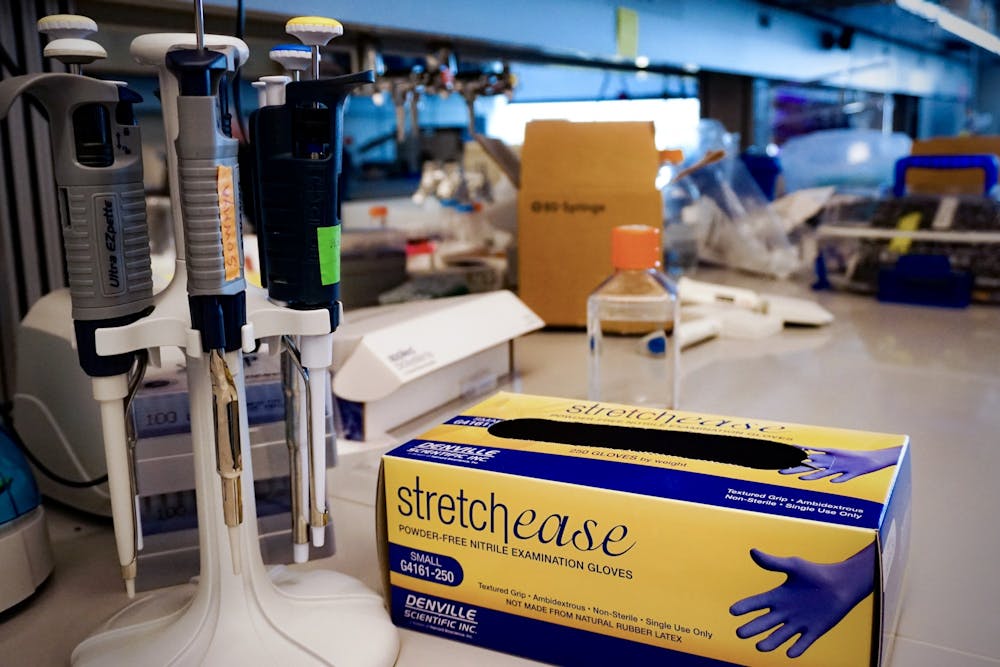
Penn Medicine researchers successfully tested an experimental therapy that reversed blindness in a patient with a genetic disorder.
According to a paper published in Nature Medicine, a team of researchers led by ophthalmology professors Artur V. Cideciyan and Samuel G. Jacobson at Penn Medicine’s Scheie Eye Institute developed an experimental RNA therapy. The treatment is for patients diagnosed with a common form of Leber congenital amaurosis, an eye disorder affecting the retina. Patients diagnosed with the disorder suffer with severe visual impairment throughout their lives.
The team’s experimental therapy, called sepofarsen, increases levels of the functional version of a protein that a genetic mutation renders nonfunctional in patients with the disorder, Penn Medicine News reported. The treatment is administered by injection, directly into the patient’s eye.
In 2019, the team published results of an earlier trial exploring the efficacy of the treatment in reducing visual impairment in LCA patients. They found that three months after the first injection, half of the patients showed improvements in visual acuity.
The team’s newest paper outlines the effects of treatment for an eleventh patient who received only one injection, electing to skip subsequent injections due to the risk of cataracts associated with the treatment, Penn Medicine News reported. The patient demonstrated significant improvements in a number of measurements of visual acuity and optical structure after only a single injection. The improvements were maintained 15 months after the injection.
The extension of the patient’s visual improvement was unexpected and can have implications for the way similar disorders are treated in the future.
“This work represents a really exciting direction for RNA antisense therapy," Jacobson told Penn Medicine News.
The researchers plan to explore the potential for gene-specific RNA therapies to treat other blinding genetic retinal disorders in future studies, Penn Medicine News reported.
The Daily Pennsylvanian is an independent, student-run newspaper. Please consider making a donation to support the coverage that shapes the University. Your generosity ensures a future of strong journalism at Penn.
Donate







